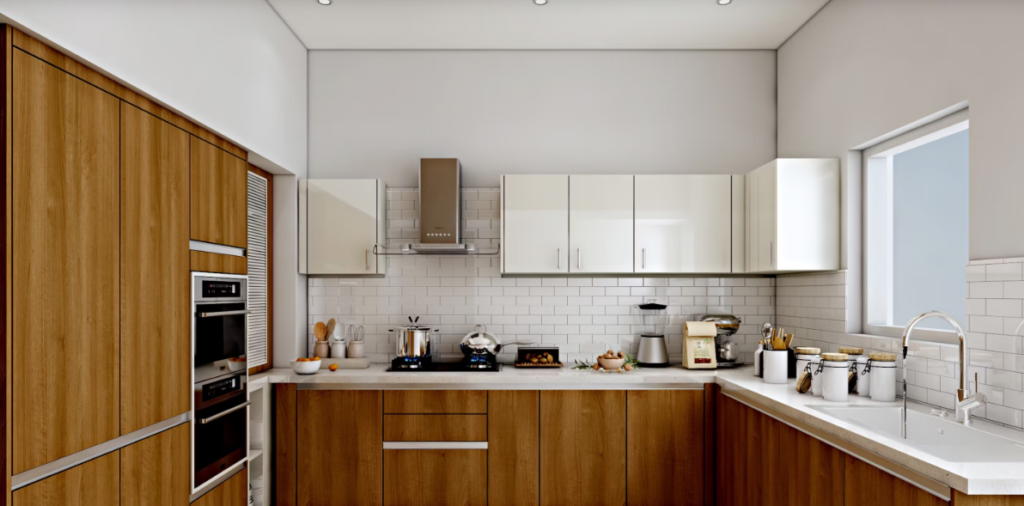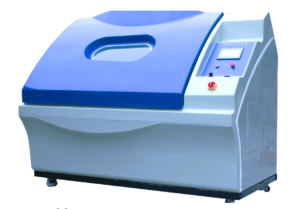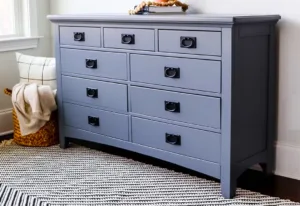Modular furniture refers to a type of furniture that is comprised of individual pieces or modules that can be combined in various configurations to suit different needs or spaces. These modules typically consist of standardized units that can be easily assembled, disassembled, or rearranged without the need for specialized tools or skills.
Modular furniture is known for its flexibility, allowing users to customize their furniture arrangements according to their preferences, available space, and changing requirements. It is commonly used in homes, offices, educational institutions, and commercial spaces where adaptability and versatility are valued. Examples of modular furniture include modular Kitchens, shelving units, storage systems, and office workstations.

The Versatility Of Modular Furniture
In the realm of interior design and furnishing, the concept of adaptability is growing. As our living and working spaces are evolving according to needs and lifestyles, the demand for furniture that can seamlessly adjust has grown substantially. In response to this demand, modular furniture has emerged as a versatile and innovative solution, offering users the flexibility to customize their surroundings with ease.
Traditional furniture has long been characterized by its static nature. Whether it’s a sofa, a dining table, or a bookshelf, traditional pieces are typically designed as standalone units with fixed forms and functions. While this may provide a sense of stability and coherence to a space, it also limits the ability to modify or rearrange the layout according to evolving requirements.
Modular furniture is a game-changer in the world of interior design. Unlike its traditional counterparts, modular furniture consists of individual modules or components that can be mixed, matched, and rearranged to create a variety of configurations.
One of the key advantages of modular furniture is its adaptability. Whether you’re furnishing a small apartment, a spacious office, or a commercial showroom, modular pieces can be easily adjusted to fit the available space and optimize functionality. Need extra seating for guests? Simply add another module to your modular sofa. Want to maximize storage in a compact room? Customize a modular shelving unit to fit snugly into a corner.
Moreover, modular furniture encourages creativity and personalization. With a wide range of modules available in different sizes, shapes, and styles, users have the freedom to mix and match components to create unique and bespoke furniture arrangements. Whether you prefer a minimalist aesthetic or a more eclectic look, modular furniture offers endless possibilities for customization.
Another benefit of modular furniture is its versatility over time. As lifestyles change and spaces evolve, modular pieces can be easily reconfigured or repurposed to accommodate new needs. This not only extends the lifespan of the furniture but also reduces waste and promotes sustainability.
In conclusion, modular furniture represents a dynamic and forward-thinking approach to interior design. By embracing adaptability, versatility, and personalization, modular pieces empower users to create living and working spaces that are truly tailored to their needs and preferences. Whether you’re furnishing a modern apartment, a collaborative office, or a flexible workspace, modular furniture offers a solution that is as functional as it is stylish.





